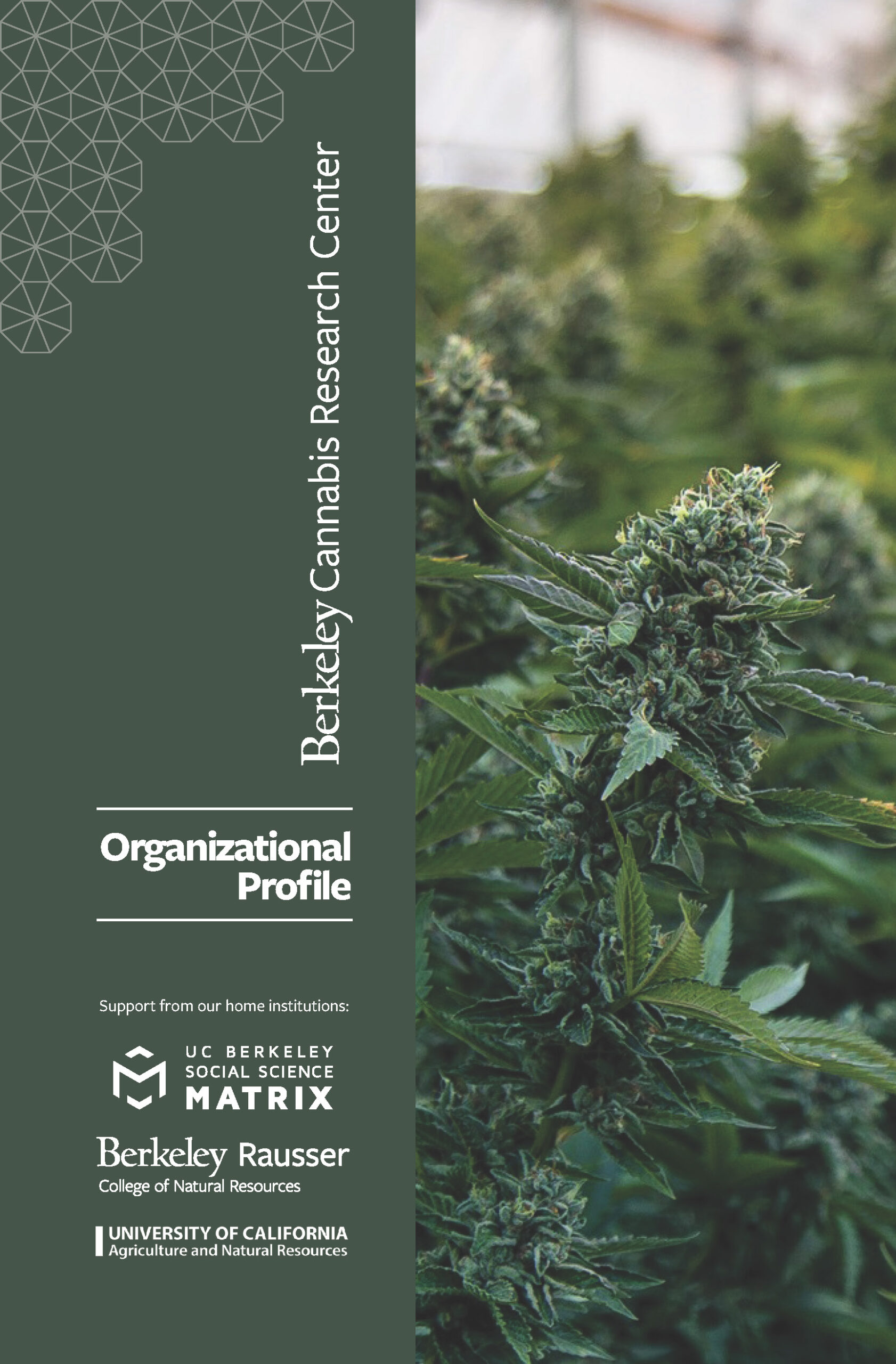About Our Research
What we do
We research the science and governance of cannabis agriculture.
As California experiences rapid shifts in cannabis markets and policies, our research group delivers timely and relevant information to government agencies, industry, cannabis-producing communities, and the general public. Our work is guided by a vision for cannabis agriculture that supports prosperous, equitable communities and healthy environments.
In our research, we ask critical questions about the social and environmental impacts of cannabis. Our analysis uncovers hidden dynamics, tracks outcomes, and informs solutions. In our work, we:
Evaluate patterns and practices of cannabis production.
Assess impacts of cannabis farms on the environment.
Explore effects of regulation on agricultural practices and cultivator communities.
Generate credible data for guiding cannabis policy.
With independence and objectivity, our research focuses on:
Pursuing innovative research and applied scholarship through scientific studies and peer-reviewed publication.
Intellectual exchange among researchers through regular meetings, retreats, symposiums and conferences.
Public outreach to share our findings, learn from diverse voices, and encourage constructive dialogue via briefings, workshops, webinars, and panel discussions.
Building awareness and support for our Center to spur collaborative research and inform equitable approaches to cannabis policy.
Why research cannabis policy, land use and communities
Cannabis policy is changing rapidly.
With increased public acceptance of the medicinal and recreational use of cannabis, regulations are changing across the globe. Yet each country, state, county and town regulates marijuana differently. Laws and policies often conflict. Within any given community, heated debate often erupts over the details of legalization. What permits will be required, for who and what? How will these changes impact the environment and community? Who benefits from policy and who is left behind?
Shifting pressures affect communities and the environment.
New policies disrupt not only agricultural practices and balance sheets, but also social and ecological relationships. Whether permitted or not, growing cannabis can be a speculative, high-risk livelihood. Compared to common crops, cannabis farmers face volatile policy, social hostility, bureaucratic burdens and meager resources to support permitted production. The reverberating impacts of policy change on communities and the environment remain unknown. Our research aims to fill that gap in knowledge to inform future policy and practice.
Asking questions to inform solutions.
We investigate the growing pains of rapid change in cannabis policy and practice. In our research, we ask: what strategies will support an equitable, effective and environmentally sustainable cannabis agriculture?
Who we are
Our team includes ecologists, wildlife and conservation biologists, hydrologists, geographers, anthropologists, and public policy experts in agriculture, law and land use. Our Center supports professors, postdoctoral fellows, graduate students, and outreach professionals at the University of California, Berkeley.
Fair and just policy solutions require credible answers to critical questions.

